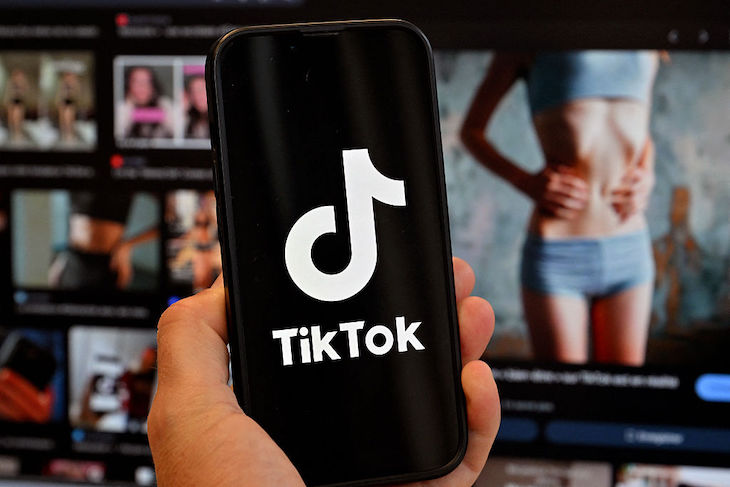Almost half of 16 to 21-year-olds wish they had grown up without the internet. A similar portion are even calling for a social media curfew, with a quarter wanting phones banned in schools, according to research from the British Standards Institution. Really? The truth is that Zoomers – those born between 1997 and 2012 – don’t know how lucky they are to have come of age during an era in which they had access to the web.
The truth is that Zoomers don’t know how lucky they are
While my own generation of Millennials were early guinea pigs for Facebook, Twitter and – for the connoisseurs out there – MSN Messenger, much of our teenage lives remained firmly analogue. Having first snuck online to the sounds of a dial-up connection, my recollection is that life before the internet was often quite dull. Many teenagers today blame their woes on social media and smartphones. But teenagers have always been quite capable of being listless, alienated and angsty, even before Silicon Valley started designing algorithms to monetise it.
Yes, modern technology has its problems. Too many young people waste time scrolling through social media. But there is no doubt in my mind that life with the internet is better than it was before. It has given us more experiences, more opportunities and even more life – literally so, in the case of Tinder babies.
Consider the luckless fan of vintage Korean dramas in the nineties, struggling to watch the shows and unable to find likeminded enthusiasts in his town. The internet has solved both these problems, making what was once esoteric commonplace, opening more and more to the masses.
The privations suffered before the internet are almost shocking to recall. Only five TV channels? Book selections controlled by Waterstones and the local library? New music flitting briefly across the airwaves, later lost in an obscure corner of HMV? It was no way to live.
Nor is the internet merely a glorified bazaar for clueless tourists. Much as people love to mock the creator economy, it is an incredible achievement to have equipped a majority of the world’s population with a printing press, recording studio and video camera, and the ability to distribute the results globally. The means of production are already being liberated.
So why do we continue to malign the online world as a Wild West, a swamp of AI slop stalked by Russian cyber gangsters and flooded with fake news, pornography and scenes of ultraviolence? The conventional reading, championed by the likes of psychologist Jonathan Haidt, is that we can’t look away because the technologists have become too adept at stealing our attention.
It’s true that the techies are experts at distraction. But fundamentally the problem is not technology. It’s our inability to manage its downsides. When half of BSI’s Gen Z survey respondents call for a social media curfew, we should be asking them why they cannot impose one on themselves.
No doubt there is social pressure to engage, and no cohort in life is more conformist and biddable than the young. Every teenager wants to fit in, and a lot of that fitting in now happens on Instagram, Minecraft or whatever else the kids are into these days. We can and probably should blame the parents, the schools and even society that so many struggle not to open the app, start scrolling and hit the post button.
But these groups didn’t fail because they allowed the internet to exist; they failed because they have not taught the younger generation that they must deal with the downsides. You can delete your account, hit the gym and lawyer up, to quote an old internet phrase. You can take responsibility for your own life.
The alternative is a world nobody wants. Whether it was checking the weather through Ceefax, flicking through a recipe book to remind ourselves how to make an omelette, or going to a travel agent to book a trip to Poland, people switched to the newer technology because it is better.
As Wikipedia will tell you, the Wild West era did not conclude with the Americans falling back to the East Coast to protect themselves. Instead the pioneers tamed and domesticated the new territory, which stretched out all the way to Santa Clara in California. Had they sounded the retreat, Silicon Valley would not have been invented. And you would not be reading this.






Comments